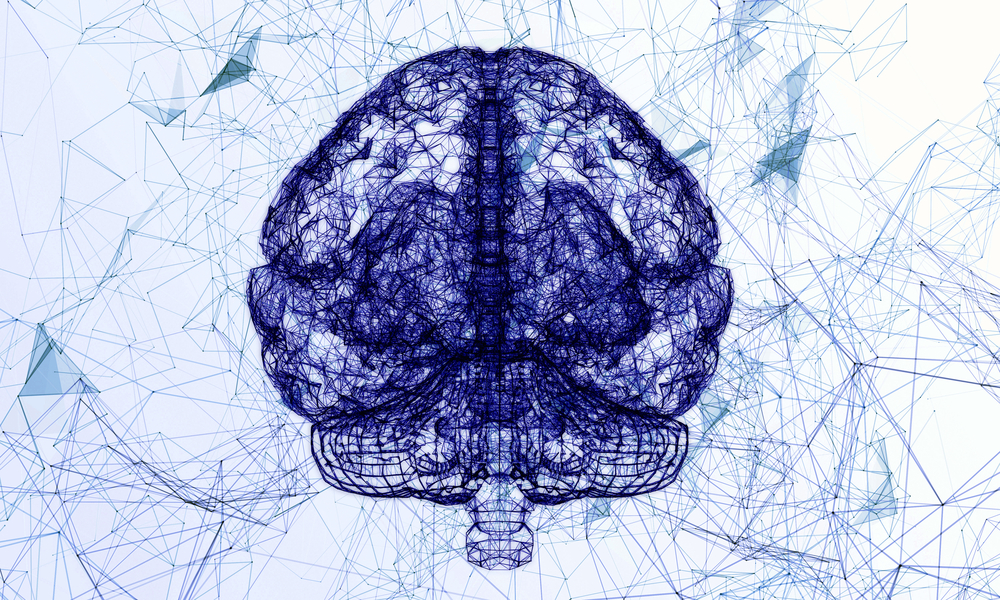Study Will Test Brain’s Natural ‘Plumbing System’ in Parkinson’s, Alzheimer’s Mice

Parkinson’s UK and Alzheimer’s Research UK have teamed up to help fund a project that will test whether a “waste disposal system” in the brain could be exploited to help in the understanding and treatment of these diseases, Parkinson’s UK announced.
The new project, which is expected to take about three years to complete, will focus specifically on the glymphatic system. This system, which was discovered only recently, helps to remove waste products from the brain.
The general idea behind the project is that, since both neurological diseases are associated with the abnormal and toxic buildup of “clumps” of protein in the brain (tau for Alzheimer’s and alpha-synuclein for Parkinson’s), activating the glymphatic system could help remove these clumps and, by extension, fight the disease.
“Studying how the glymphatic system affects the clearance of two distinct protein species that both accumulate in the brain and cause neurodegeneration means we’ll be able to understand how best to harness the power of the system. This will hopefully allow us to provide a new therapeutic target for treatment of the conditions,” Ian Harrison, PhD, said in a press release. Harrison, a professor at University College London, will lead the project.
The glymphatic system is a functional waste clearance pathway for the central nervous system (brain and spinal cord); it works as the brain’s unique method to remove waste. It consists of a “plumbing system” that takes advantage of the brain’s blood vessels and pumps cerebral spinal fluid through the brain’s tissue, flushing away waste.
This system is highly active during sleep, clearing away toxins responsible for Parkinson’s and other neurological disorders.
Using mouse models, Harrison and other researchers will track how tau and alpha-synuclein spread in the brain after the glymphatic system’s activity has been altered (either diminished or increased). It also will determine the effect this change has on mouse behaviors that are related to neurological diseases, such as memory and movement capabilities.
Previous research has suggested that sleep, exercise and low levels of alcohol could help activate the glymphatic system. The new project will build on these findings; researchers also will investigate potential new therapies to target this system.
“This is the first time we’ll be studying the glymphatic system’s role in clearing toxic proteins, and the potential it provides for developing new treatments which are urgently needed by people living with Parkinson’s,” said David Dexter, PhD, deputy director of research at Parkinson’s UK.
Sara Imarisio, PhD, the head of research at at Alzheimer’s Research UK, added: “The causes of Alzheimer’s disease are complex. While there are many differences between Parkinson’s and Alzheimer’s, common biology between both diseases means that research into one condition can provide important insights into the other. This new research could shed light on a disease process that holds potential as a target for future drugs, and that could change the course of Alzheimer’s and other neurodegenerative diseases.”






